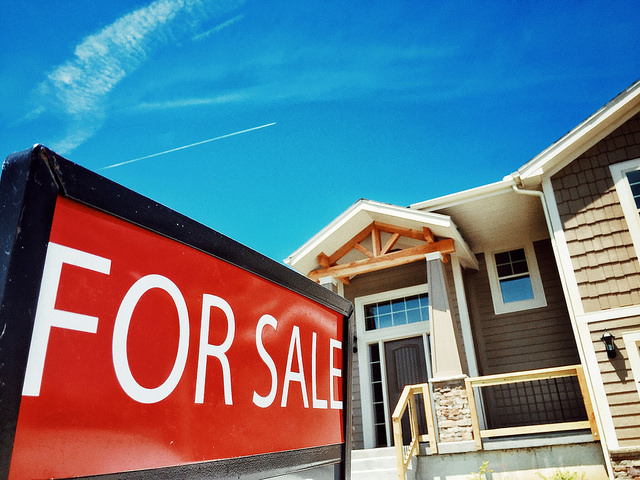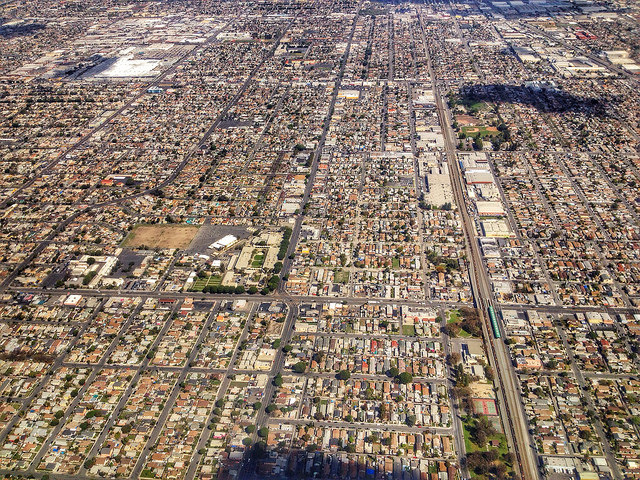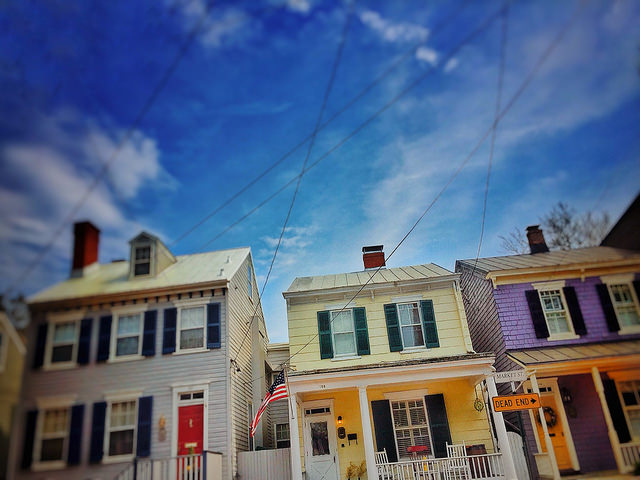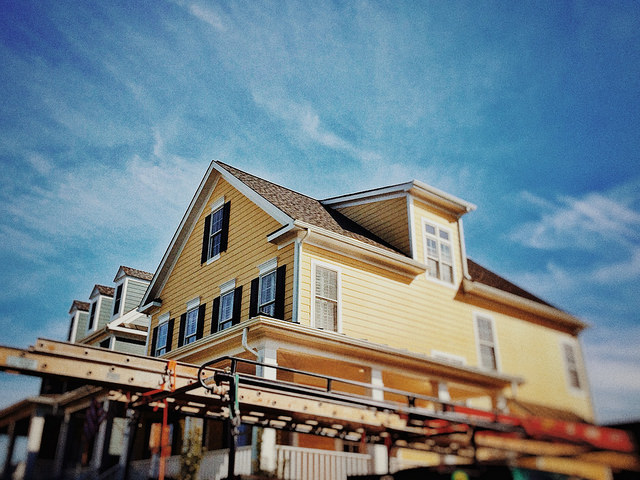It’s said that real estate is all about location. And that’s generally true. But it isn’t the only thing that influences which way prices are headed and how quickly. Price range also makes a difference. For example, a recent analysis of current home prices found that homes in affordable price ranges were seeing annual increases much larger than more expensive homes. In fact, the most affordable third of homes sold in June saw year-over-year increases of 8.7 percent, while the most expensive third of homes only saw prices grow 1.1 percent. That’s no small difference. It is, however, understandable. Supply and demand are more well balanced on the high end of the housing market. The market for affordable homes, on the other hand, currently has more buyers than available homes, which causes prices to rise. But there is reason for encouragement. Available inventory is improving and should begin to help moderate price increases. As this happens, the gap between the high and low end of the market will narrow. More here.








